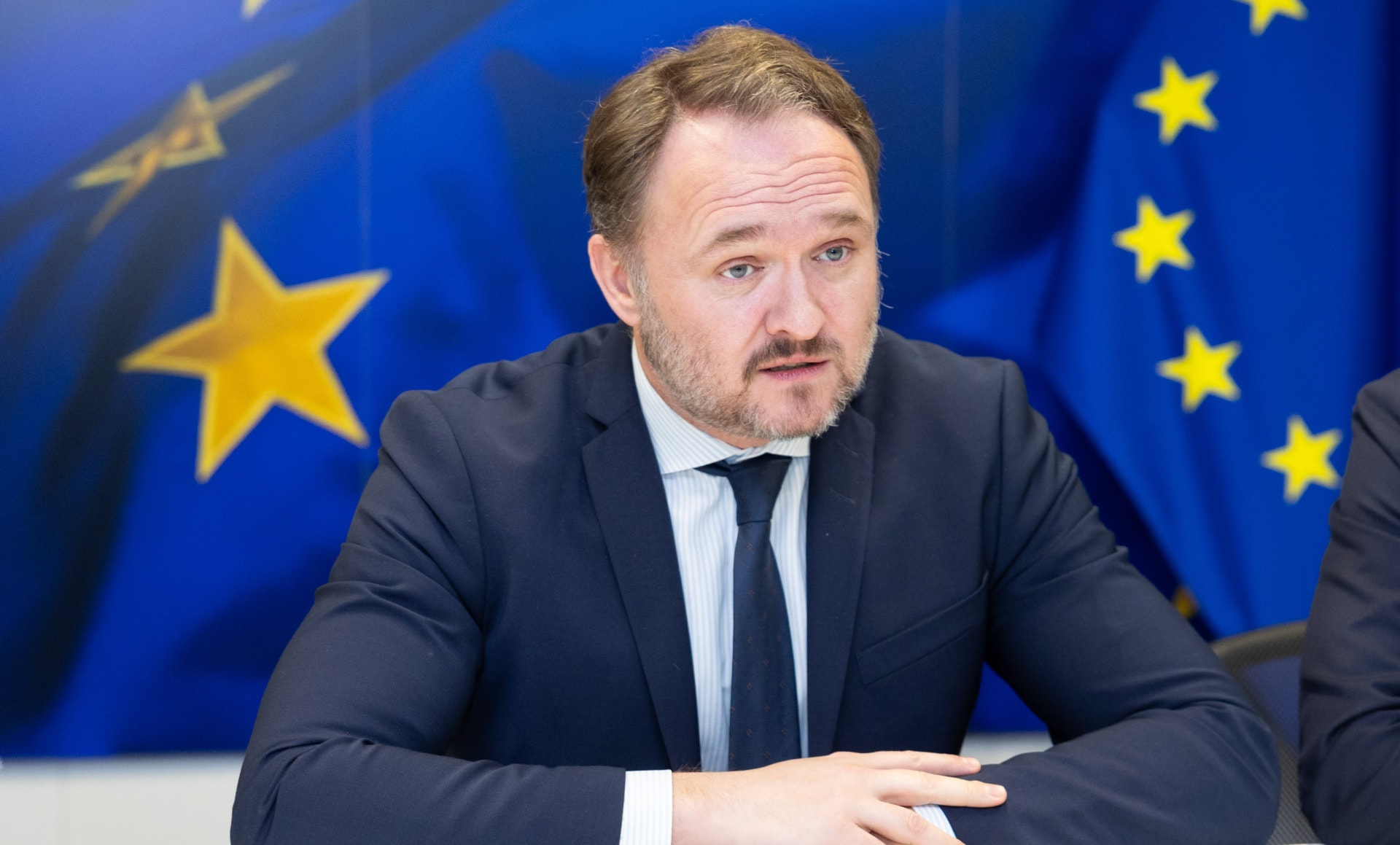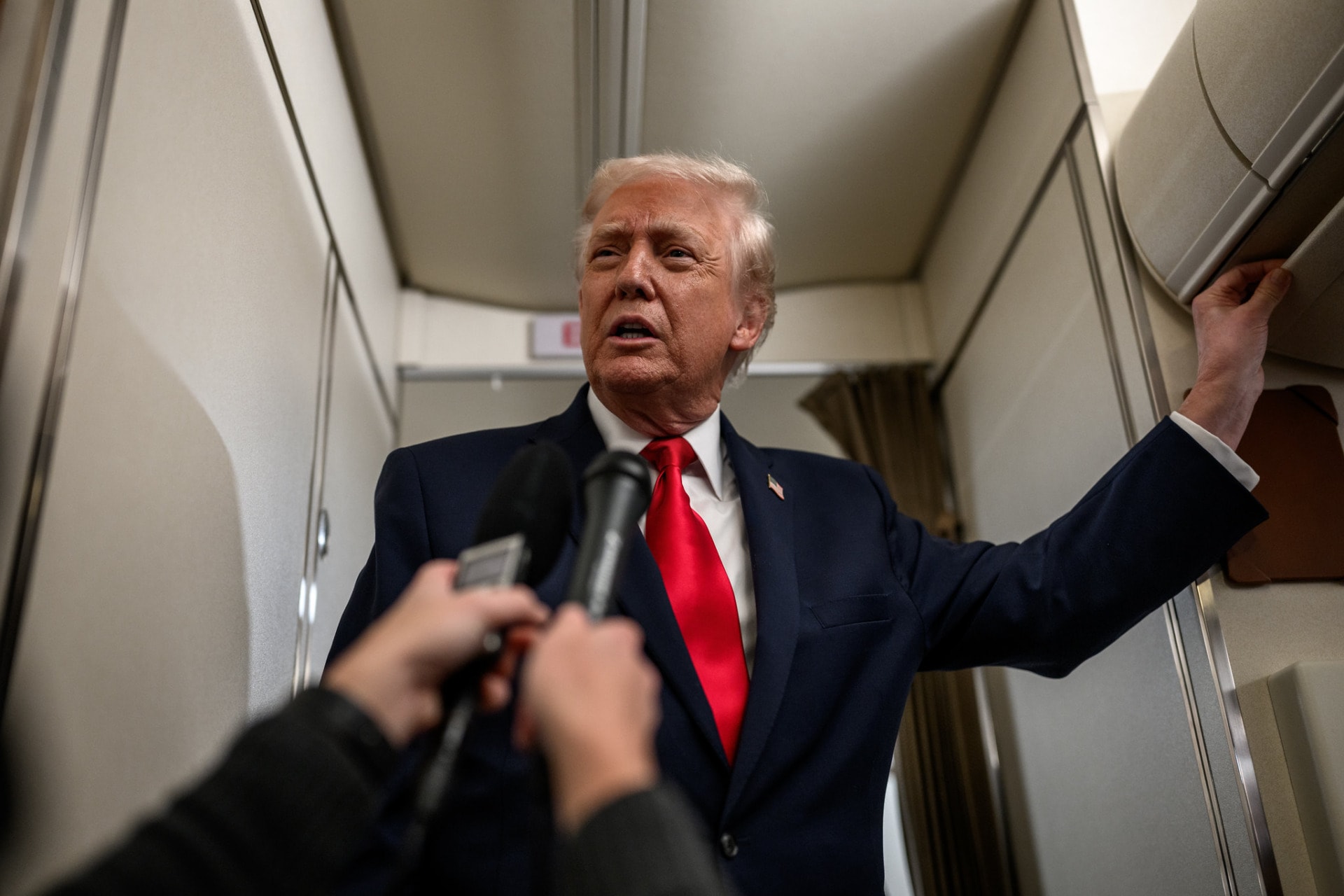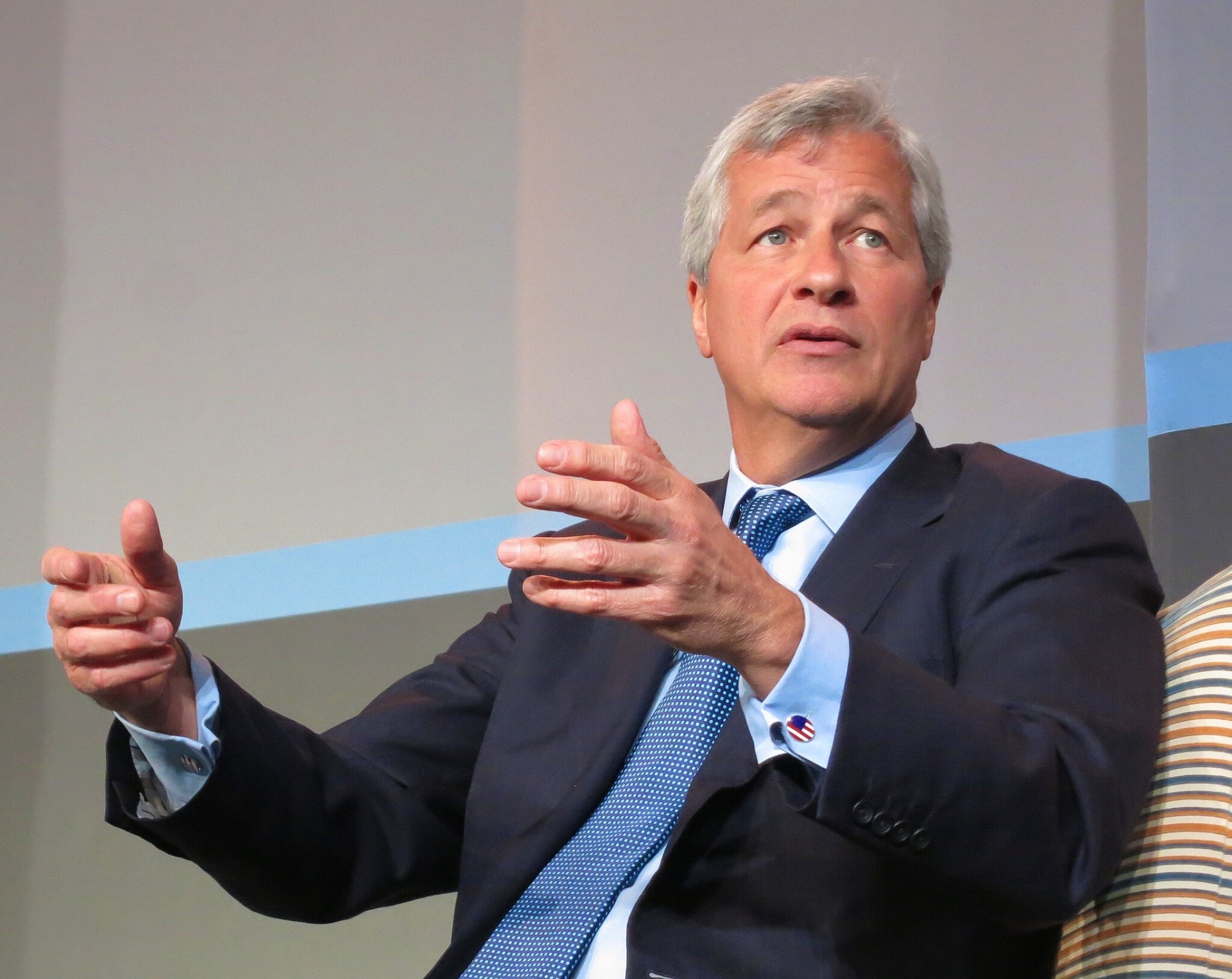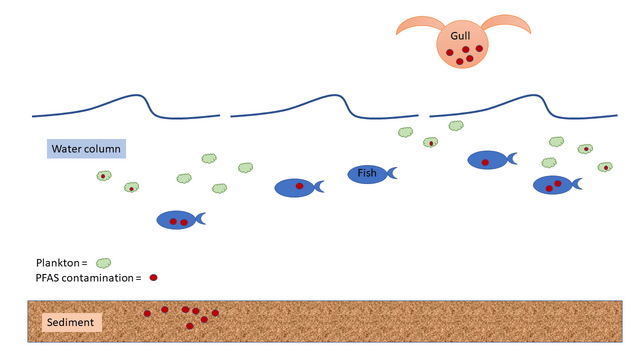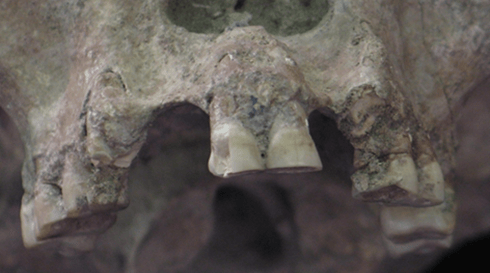On Tuesday, UK Foreign Secretary Truss set out plans for a bill that would make key changes to the protocol . Following her claims that the relationship between Great Britain and Northern Ireland has been “undermined” by the Northern Ireland protocol, plans include removing all checks on goods going from Great Britain to Northern Ireland not destined for the Republic of Ireland.
“Our preference is to reach a negotiated outcome with the EU. We have worked tirelessly to that end and will continue to do so. However, to respond to the very grave and serious situation in Northern Ireland we are clear that there is a necessity to act to ensure the institutions can be restored as soon as possible. This is not about scrapping the protocol; our aim is to deliver on the protocol objectives” – Liz Truss
The Northern Ireland Protocol and its issues
The Northern Ireland Protocol is the arrangements needed for Northern Ireland after the UK voted for Brexit in 2016 because of Northern Ireland’s border with an EU country – the Republic of Ireland.
Prior to Brexit, the trade of goods across this border was unchallenged as both sides had the same EU trade rules and so did not require checks or papers.
Post-Brexit, EU requirements for strict food rules and border checks for goods from non-EU countries meant a new system was needed. Such a border was contentious due to Northern Ireland’s troubled relationship with the Republic of Ireland, and so there were fears it would cause instability.
The UK and the EU agreed that protecting the 1998 peace deal ‘The Good Friday Agreement’ was a priority for the Brexit withdrawal agreement, and so both signed the Northern Ireland Protocol.
The protocol meant that document checks would be conducted at the ports between Northern Ireland and Great Britain rather than at the border between the Republic of Ireland and Northern Ireland. It was also agreed that Northern Ireland would keep following EU rules on product standards.
This effectively left Northern Ireland in the EU’s goods and customs single market due to its open border with Ireland. Pro-British Unionist parties and communities in Northern Ireland found that this eroded their place within the UK.
Although trade between the Republic of Ireland and Northern Ireland increased in the first year of the protocol, suggesting stronger ties between Northern Ireland and the Republic, the increased levels of bureaucracy and security created by the Northern Ireland protocol then threatens the peace established in the Good Friday Agreement.
For example, supermarket chain ‘Marks & Spencer’ published that it takes 8 hours to complete post-Brexit paperwork to move goods into the Republic of Ireland, and around an hour for Northern Ireland currently. Other issues include the need for veterinary checks which are very stringent in the EU and much more relaxed in the UK.
The Democratic Unionists (DUP) that, for the first time, came second in May’s elections to Sinn Fein is refusing to take part in Northern Ireland’s power-sharing government until its concerns with the protocol are resolved, and a new Northern Ireland government cannot be formed without its support. In contrast, Sinn Fein is a nationalist party which accepts the protocol.
The DUP fears loosening of ties with Great Britain, so wants the removal of all checks on goods moving from Britain to Northern Ireland. It said the UK’s threat of unilateral action was not sufficient.
Sinn Fein has accused the unionists – that is, those who want to stay within the UK – of believing they can ‘hold society to ransom’, and instead accepts the protocol following its goals of Irish unification and remaining in the EU.
Referring to opposition from the Democratic Unionist party, Truss said the government’s first priority was to uphold the Good Friday agreement, which, she says, the protocol has put ‘under strain’
“The Northern Ireland protocol does not have the support necessary” and added “These practical problems have contributed to the sense that the east-west relationship has been undermined. We need to restore the balance in the agreement”
Truss’ proposed changes
Motivated by mediating the DUP’s current stance of not entering government in Stormont with Sinn Fein, Truss proposed changes to the protocol on Tuesday in session.
New legislation would create a ‘green channel’ allowing goods to be exported from Great Britain to Northern Ireland without checks if they are not designated for the Republic of Ireland. A ‘red channel’ would check goods directed to the Republic of Ireland.
The legislation would also let the UK determine tax and spending in Northern Ireland.
This ‘dual regulatory system’ is intended to reflect the unique status of the Northern Ireland having a proximity with the EU, while being part of the UK single market
DUP Leader Jeffrey Donaldson said Truss’ plan is:
“A welcome if overdue step that is significant towards addressing the problems created by the protocol, and getting power-sharing, based upon a cross-community consensus, up and running again, in days and weeks, not months”
“We don’t want to nix it we want to fix it” – UK Parliament reaction
British Prime Minister Boris Johnson stressed that the government was not seeking to overturn the protocol but rather resolve ‘serious’ problems with the protocol, and that there would be ‘robust penalties’ for businesses that don’t comply with the rules.
Johnson also said that the move wouldn’t breach international law, as the higher duty of the UK government in international law is to the Good Friday agreement and the peace process, but declined to discuss the details of legal advice provided to ministers.
“That’s the thing we have to really look to, and of necessity we can make some changes I think to the protocol, which is not the law of the Medes and the Persians”
Government opposition in Westminster were outraged by the proposals.
Liberal Democrat MP Layla Moran called out in Parliament
“Unilaterally changing a previously agreed international treaty is breaking it! And it is double speak to suggest otherwise.
Shadow minister Stephen Doughty followed:
“It is deeply troubling for the foreign secretary to be proposing a bill to apparently break a treaty that the government itself signed just two years ago. That will not resolve issues in Northern Ireland in the long term, and rather it will undermine trust and make a breakthrough more difficult. It would drive a downward spiral in our relationship with the EU that would have damaging consequences for British businesses and consumers”
The Guardian’s Rafael Behr also critiqued the proposals, stating that Truss has been ‘egged on’ by Conservative backbenchers who believe that Brussels are using the protocol to punish Britain for Brexit. Behr finds that this Euroscepticism ignores that Brexit’s negative effects on Northern Ireland were signalled by Remainers long ago and dismissed by leavers, who now feel targeted as a result of Brexit not delivering its promised bounties.
The overwhelmingly negative reaction from the European Union
Last October, The EU set out its own proposals for the protocol which included reduced checks on food products arriving in Northern Ireland, less paperwork, and relaxed trading rules for medicines and chilled meats between GB and Northern Ireland. In return, the EU wanted extra safeguards to prevent products from Great Britain crossing into the Republic of Ireland. The UK rejected this offer as they thought it would worsen trading.
On Tuesday night, German EU officials expressed dismay at the UK government’s proposals to damage a peace treaty given that Russia is being accused of international war crimes.
Let’s just all threaten each other with breaking international law. Makes for really good partnerships. #Brexit
— Sebastian Fischer (@SFischer_EU) May 17, 2022
Vice President of the European Commission, Maroš Šefčovič, who has been involved in talks on changes to the protocol, stated that Truss’s proposals are concerning and that “Unilateral actions contradicting an international agreement are not acceptable.” So, if the UK goes ahead with its plan to remove constitutive elements of the protocol, then “the EU will need to respond with all measures at its disposal”.
The EU Parliament is also reacting negatively:
An attack on the international rule of law when we least need it & a gift to Putin.
This is not about the people of Northern Ireland, who want the protocol to work. It is about who leads the Tory party… https://t.co/ClylMOSfNx
— Guy Verhofstadt (@guyverhofstadt) May 17, 2022
What will happen next?
Truss asked EU Commission Vice President Maroš Šefčovič, to be given a rewritten negotiating mandate that would allow the protocol to be revised, to which Šefčovič responded by issuing an informal warning that the UK could lose its free trade arrangements with the EU if it went ahead.
The likelihood of Truss being able to convince Šefčovič to accept negotiations to enable changes to the protocol was thus diminished with Šefčovič stating, “The EU doesn’t have a mandate, the protocol is the mandate”.
EU diplomats in Brussels say no decision has been taken yet, and actions in response will depend on whether the UK government actually does legislate and override the protocol. If this does happen, Brussels would issue a formal warning and launch a process to decide on retaliatory measures.
This would mean UK goods receiving tariffs within seven days of legal action, freezing the entire trade deal agreed with Boris Johnson in 2020, or restarting the legal action known as “infringements proceedings”, that were originally triggered by a British move to extend grace periods concerning alleged breaches of EU law.
The Commission could also look at a separate dispute settlement system which was included as part of the Brexit divorce and trade deal. That could lead to the suspension of parts of the EU-UK trade agreement and result in the imposition of tariffs.
Hope was expressed that the UK would return to the negotiating table to discuss changes proposed by the EU and highlight that a change in mandate would require unanimous signoff by all member states.
In the coming days, Richard Neal, the chair of a US congressional committee is heading to London and Brussels to try and contain the further deterioration of Anglo-Irish relations, pushing for the nations to work together for solutions for the Northern Ireland protocol.
Either way, the news is a strain on UK-Northern Ireland and UK-EU relations
It continues to be of serious concern that the UK government intends to embark on the path of unilateral action.
Effectively disapplying an international agreement is simply not acceptable.
Statement by Vice President @MarosSefcovic on the Protocol on Northern Ireland ↓
— European Commission (@EU_Commission) May 12, 2022
With rising inflation in Britain and the EU, a trade war would be damaging for both , and puts a strain on the EU too that sees the protocol as a key part of protecting trade.
EU insiders believe the UK has never seriously engaged with Šefčovič’s far-reaching proposals to lighten customs and administrative checks made in October 2021, and sees a history of Johnson’s cabinet government making large claims on Brexit issues, before retracting and moderating proposals. Perhaps it is therefore possible that the October 2021 suggestions will be revisited, despite Britain saying at the time that they did not do enough to address fundamental concerns, and Truss said in parliament that agreeing with these proposals would be a backward step.
However, the possibility of a trade war looms and former PM Theresa May has stated her fears of this and of damage to the UK’s reputation should Parliament agree to follow Truss’ lead.
For now the issue remains unresolved, and any necessary legislation will need to go through Parliament, which could take months. The Northern Irish Assembly is due to vote for the first time in 2024 on whether to retain the protocol.
Whilst the custom checks in the Irish sea affect Unionists in Northern Ireland, it is important to note that this is an issue of Brexit that Johnson knew would arise with the Brexit model he chose.
This is yet another failure of the UK leaving the EU. Trade has not been fully replaced by free trade deals with other nations, and neither has the power over EU policy that the UK used to have.
Editor’s Note: The opinions expressed here by Impakter.com columnists are their own, not those of Impakter.com. — In the Featured Photo: EU & UK Flags. Featured Photo Credit: Philip Storry, Flickr.




